Do you feel like your training program is missing something?
Hydration is key to optimal performance, which is why we have composed the top 6 hydration secrets for you to perform at your best every single day.

1. Before, During, and After
Drinking water before, during, and after a race is key in staying hydrated for optimal performance. Specialists are coming to the consensus that drinking too much water before a race can cause hyponatremia, which can leave you feeling sick and confused, while too little water will leave you feeling dehydrated.
The key to a great race is drinking water about an hour before a race. Just enough to quench your thirst, so you aren't running towards the bathroom at the start of the race. As the race starts, drink about every twenty minutes to keep your body trusting you that it will get the right hydration it needs. When you cross the finish line, take in little sips of water to keep your thirst at bay. By drinking in small increments, it replaces the moisture your body is losing by sweating.
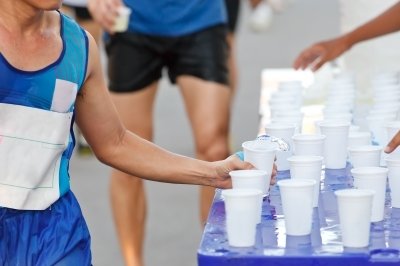
Alan Culpepper, a two time USA Olympic Athlete, writes about the growing popularity of the right hydration for optimal running. In his book, Run Like a Champion: An Olympian's Approach for Every Runner, he advises to keep regular hydration and fuel during your daily routine. In turn it can help you during a race, because your body will burn off the needed energy to keep up your stamina instead of storing it for later. By keeping your body well hydrated and fueled, you will be able to keep up better on race day and finish strong with a quick recovery.
2. Avoid Processed Foods
The secret is out about processed foods, and it is creating a cultural shift. Processed foods weigh your system down and can even cause you to feel sick. Intestinal problems are becoming more common and allergies are swarming in abundance. Processed foods do not have the capacity to give you the nutrients your body needs to finish a race well. Processed foods often mean adding salt, sugar, or fats. The excess in ingredients leaves your body feeling clogged during a run, and does not provide the nutrients your body needs.
Choosing foods that are less processed and more natural, will give your body the chance to rehydrate itself naturally through food. Eating junk food while training can be an occasional treat, but should not be a daily routine. Your body deserves to be well fueled with the right foods.
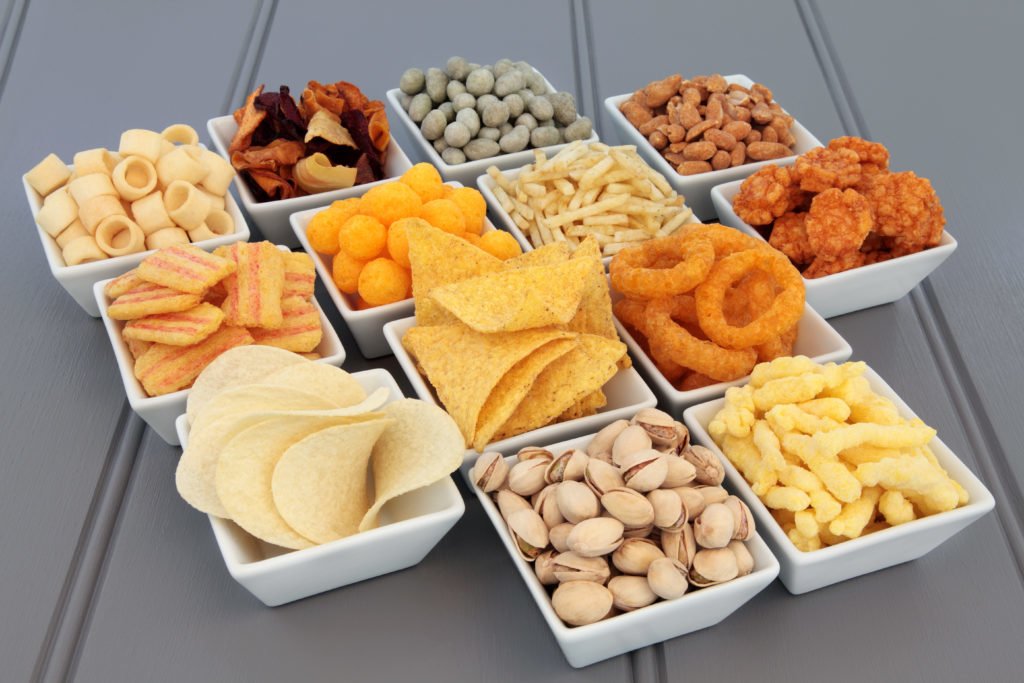
Processed foods restrict space in which your body can absorb the right nutrition and hydration it needs to perform well. Consider shopping on the perimeter of a grocery store to avoid processed foods that look appealing. Your body will thank you you later as you are out there in the elements of a run.
3. Cut Back On High Fiber
Taking in too much fiber before a race will have you uncomfortably running towards the bathroom. High fiber foods push your intestinal track along to collect in a solid form, which is not ideal for beating a personal record during a race. It is suggested to cut back on high fiber food three days before a race. Three days allows enough time for your body to push all the fiber out of your system, so you can run comfortably towards the finish line.
High fiber foods include beans. peas, nuts, and seeds. There is a time and place for high fiber foods, but not before a major race. To achieve optimal performance, cut back on fiber and include more foods that give your body hydration and nutrients for your body to absorb.
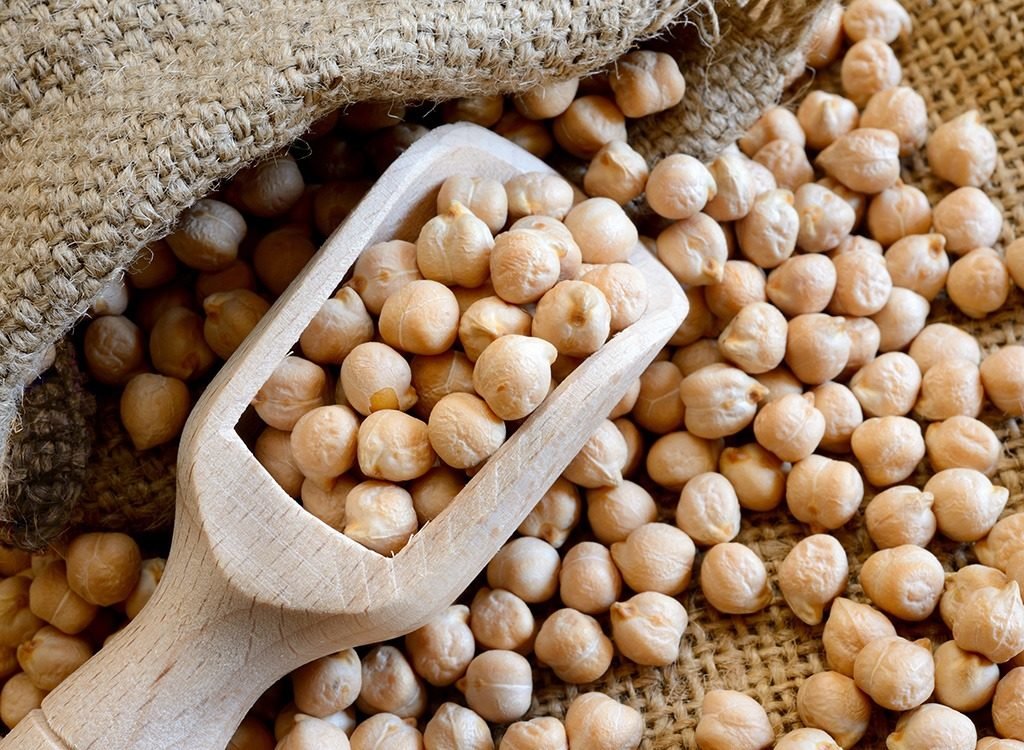
High fiber foods can assist in carbohydrate loading prior to a race, but has the ability to block up your system with unwanted bowel movements. Be sure to monitor your fiber intake so you can run without being uncomfortable.
4. Welcome In Fruits and Veggies
Fruit contains high levels of electrolytes and potassium, which can help you stay hydrated and give your body the carbohydrates it needs for optimal performance. Fruits also have higher water content, which can contribute to the hydration you need in your every day life. Some fruits and veggies even consist of over 90% of water, which can keep you well hydrated in the summer months.
Bananas, spinach, and sweet potatoes are only the start to a list of foods that are high in potassium, which gives your body the electrolytes it needs to keep up stamina on long runs. Fueling your body before a long run in your diet can greatly effect your running performance in a positive way. Next time you are at the grocery store, take a look around to see the different fruits and vegetables in season that can lead you to a higher level of running health.
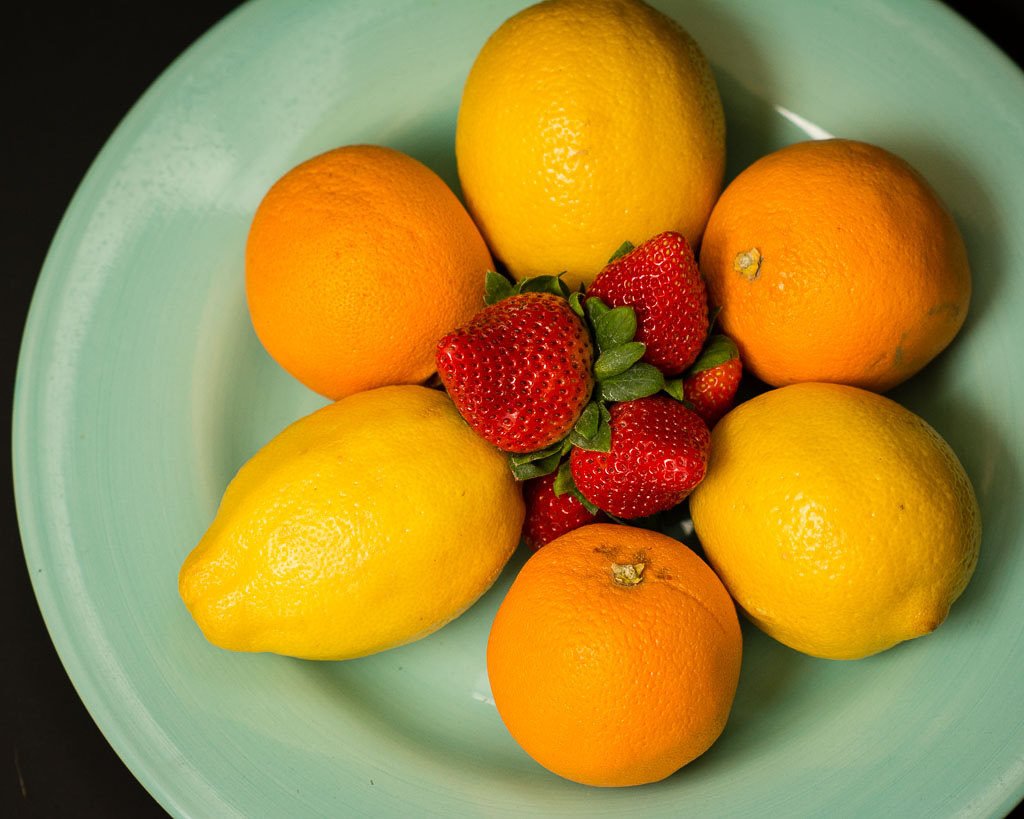
If eating plain fruit is not your style, blend it together for a smoothie experience. Adding all the nutrients you need through fruits and vegetables in one powerful drink can give you the boost you need to get out there and run.
5. Go Easy On Pain Relief Methods
Gastrointestinal problems run rampant among high endurance runners. Between the hard stress of a long run and aiding the running pains with ibuprofen, your gut takes a hard hit. When you gut is upset, it is harder to stay hydrated. Taking care of your gut is an important aspect of running, and there are several other methods besides pain relief pills to provide relief.
Tumeric is a natural element that reduces inflammation and gives pain relief to your hard worked muscles. Tumeric assists with fatigue, joint pain, arthritis, and headaches. It is also known to help with depression. Pain relief creams can also assist with muscle and joint pain, but without the stomach ache of taking pills.
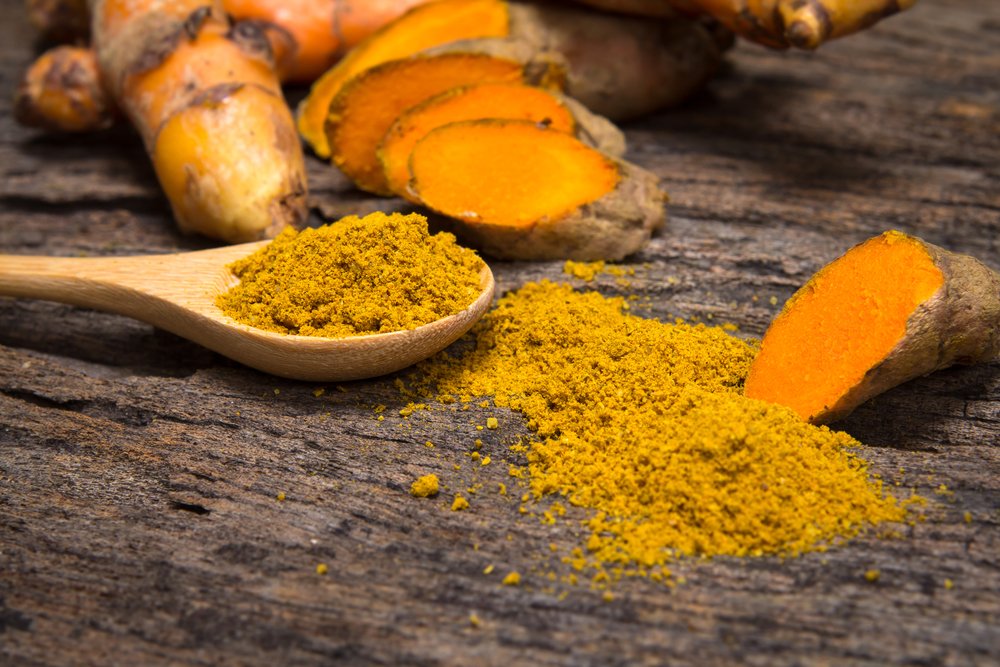
Other methods of pain relief can be as simple as resting. Allowing your body the rest it needs can offer your muscles time to recover and rebuild. Pushing through an injury will only make it worse and force you to rely on pain relief methods. By going easy on pain relief methods, it allows space in your stomach to absorb the nutrients and hydration it needs to keep moving forward.
6. Know Your Limits
It is important to know your limits as a runner. Be aware of how much you can run on the hot days, and how much water you need to intake to keep yourself well hydrated for top performance. Every person is different for what they need, but there are simple steps that everyone can incorporate into their daily routine to achieve optimal running health.


